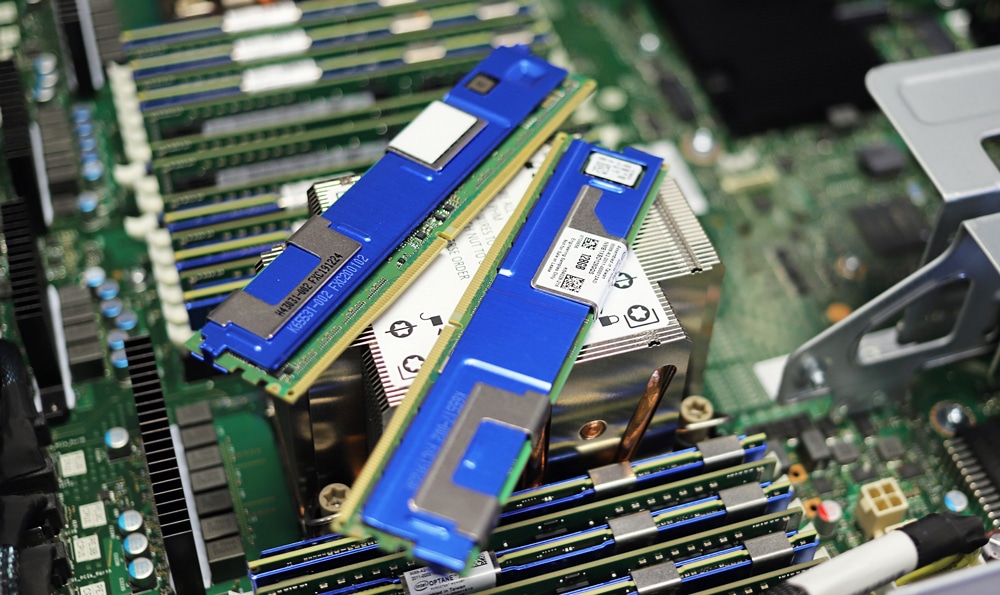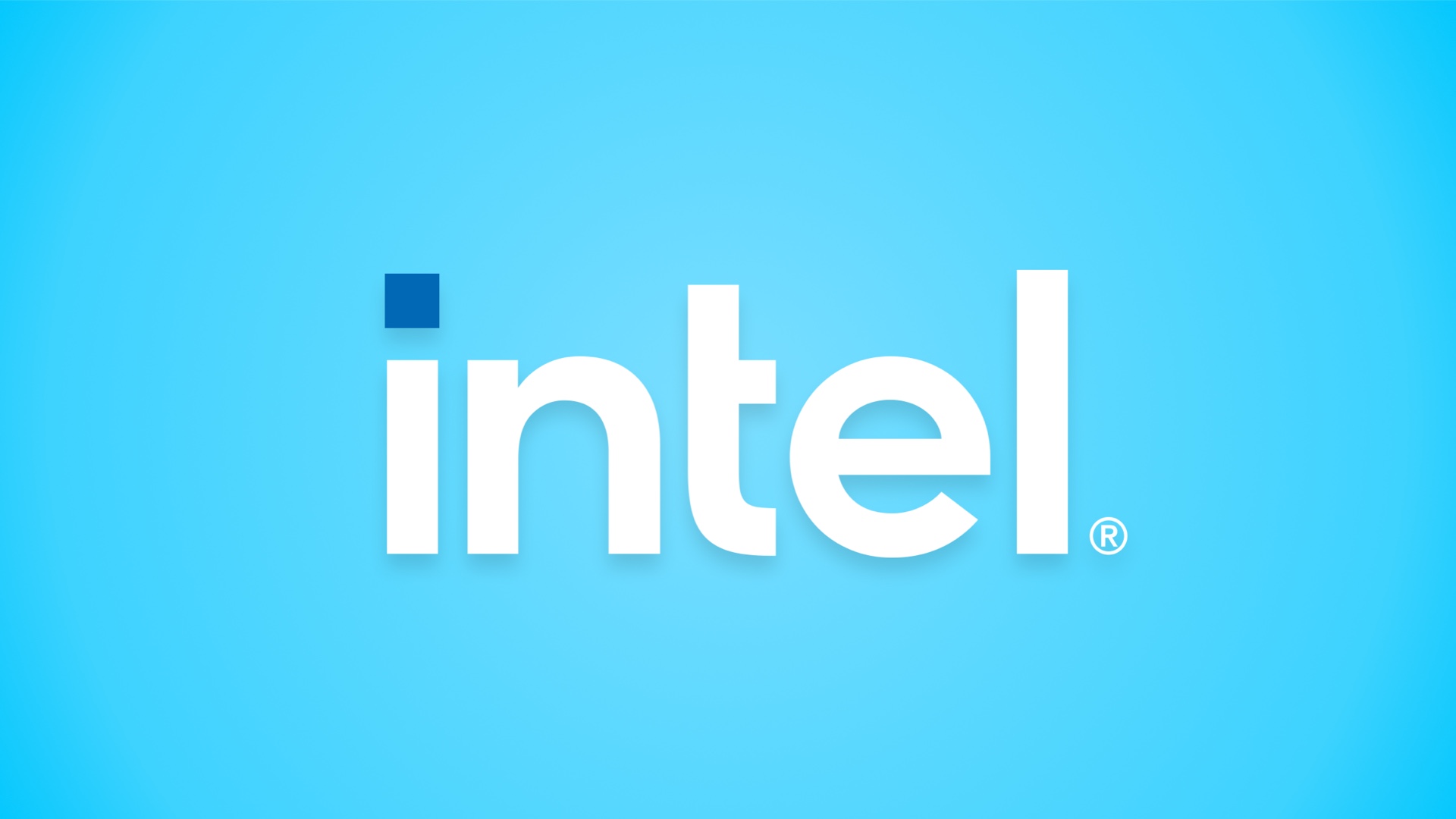Well, you do have a lot of trouble staying on topic. This thread is about whether or not the leading CPU vendors will adopt RISC-V, and you proceeded to assert that ISAs will soon be obsolete, which there's no evidence for, and then proceeded to assert that VLIW processors will succeed Harvard architecture superscalar processors, and finally that VLIW architecture and Optane is the ultimate winning combination. And you also asserted that Optane would naturally fit architecturally below expanded L2 caches in the memory hierarchy, but presented no evidence at all except that you believe know how to do it and Intel doesn't, which is probably nonsense. And now you're off on a tangent, while we're discussing processor architecture and memory hierarchies, about flash memory characteristics versus Optane - and flash has no place in the memory hierarchy other than perhaps to store VM paging files.
Oh yeah, and you're still harping on how Optane DIMMs would work better than flash for AI workloads, when the processor industry and its major customers have already chosen a direction to use SIMD, streaming cores, and specialized matrix math capabilities for AI/ML, which are very bandwidth hungry, not general purpose processors, which are more latency-sensitive, and they are transitioning to HBM (Nvidia, Intel) or on-wafer SRAM (Cerebras), just to name a few examples. There's no evidence of even one of the AI/ML vendors partnering with Intel on Optane, probably because it has lower bandwidth and higher latency than DRAM (no less HBM). Intel did, back in 2017/2018 talk about AI applications for Optane DIMMs:
Discover how Intel® financial services solutions and technologies can help your financial institution improve efficiency and the customer experience.

www.intel.com
But nothing came of it, because it turned out bandwidth was more important than capacity for AI/ML processors, so the best Optane DIMMs could do was support memory-resident random access and indexed databases, like Oracle, SAP HANA, etc, and it hasn't been especially successful, or Intel wouldn't have cancelled the Optane program. On Intel's latest solution page, no AI at all:
Browse Intel product information for Intel® Core™ processors, Intel® Xeon® processors, Intel® Arc™ graphics and more.

www.intel.com
So, I suggest you stop diverting this interesting thread about RISC-V, and tempting me to help you with counter discussion, with your unsupported pronouncements about future processor architectures and memory hierarchies.






